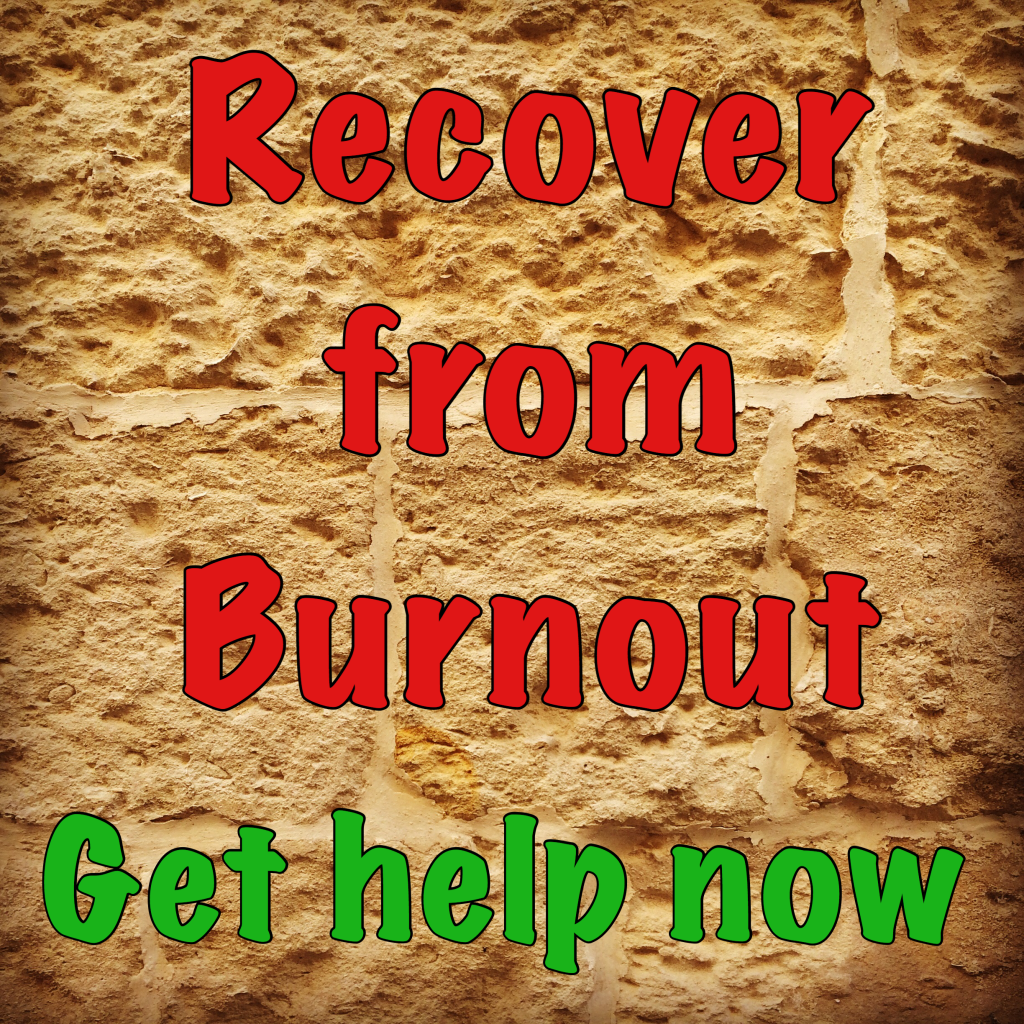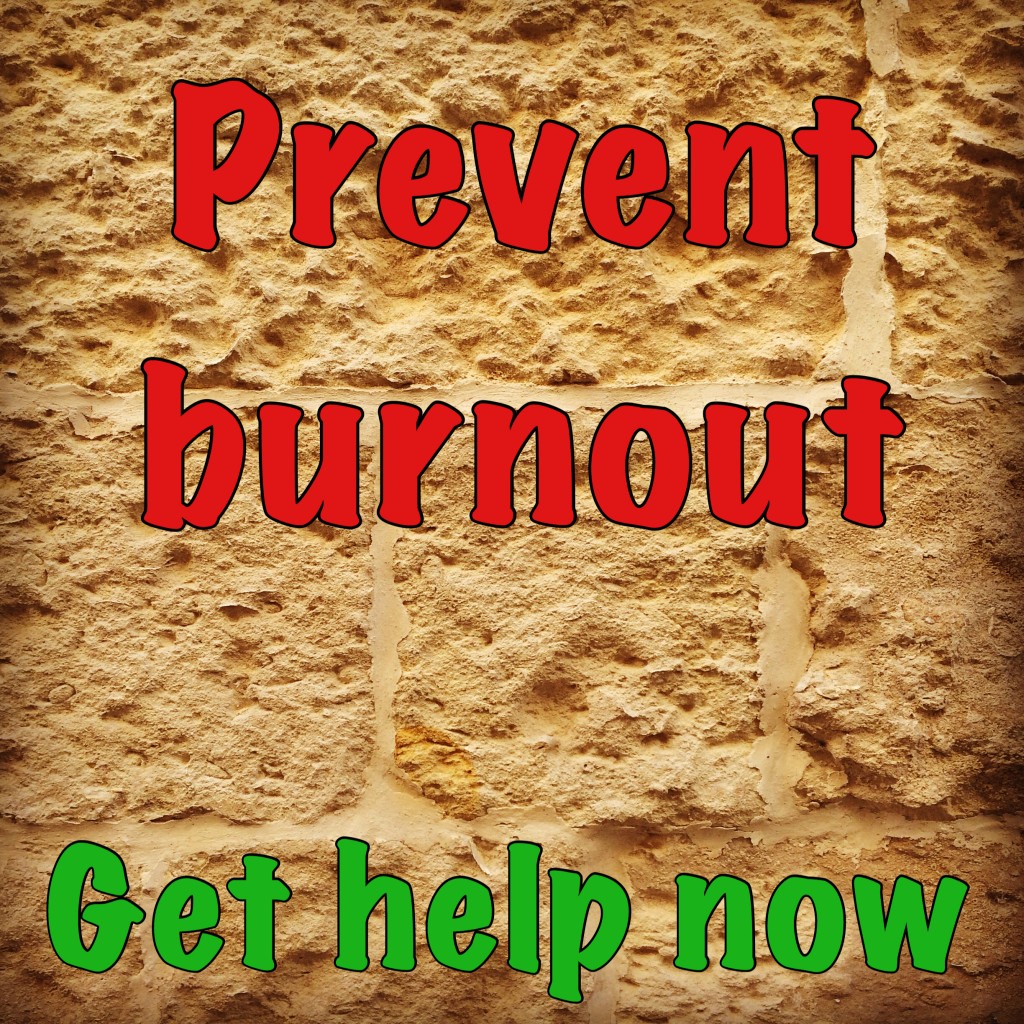
Sometimes people are not aware that they are experiencing burnout before they have already past the breaking point, and at this point it is to late to attempt to prevent burnout. It is imperative that you start the journey of recovery as soon as possible if you are experiencing burnout. If you ignore it, your situation will deteriorate and this will cause further emotional and physical damage to you and the people around you. When embarking on the road to recovery from burnout, it is important to recognise that this is a slow journey. The recovery process cannot be rushed and you will need space to recuperate and time to look after yourself. We have written about steps to prevent burnout in the past and although these strategies will still be useful at this stage, a full recovery will require additional steps to be taken. Below we outline strategies that will help with your recovery from burnout. Each person’s recovery process will vary, and you will need to find a balance between practices and strategies that work for you. Don’t be afraid to try a new strategy if you feel that the old one is not working for you. Some of the strategies below might work very well for you, whilst others might not. Strategies to try include:
- Identifying why – The first step in your recovery is to understand why you have experienced burnout in the first place. Our earlier article on understanding the cause of burnout might help you with this. Sometimes it might appear obvious why, whilst other times this process will require time, reflection, and self-examination. A good place to start is to identify whether you hold any resentment towards your work or others areas of your life. Feelings of resentment may help you to pinpoint if something important is missing in your life. When you discover the root cause of your burnout, explore what changes you can make to your life to improve your situation.
- Change pace – If you are in the midst of burnout then looking after your health or changing your attitude will not offer sufficient adjustment for you to experience recovery. Instead you will need to change pace by forcing yourself to take a break or slowing down. This will include you setting aside time to reflect, rest and recuperate, and this can only be achieved if you cut back on activities and commitments that you have. See our earlier point on setting boundaries for more information about this.
- Seek support – When you are experiencing burnout it is natural to withdraw from others and isolate yourself in an attempt to protect what little energy you might have left. Some people may also worry about being a burden on others. However, this strategy is not helpful and will only cause further deterioration in your symptoms. Instead, it would be better to seek support and guidance from your friends and family during this difficult time. Most people will be flattered by your request for support and feel honoured that you trusted them enough to share your difficulties. This could help strengthen your relationship with them in the future. Furthermore, by turning to others for support you will be provided with an opportunity to share your feelings and concerns, and this process could help alleviate some of the stress that you are experiencing. However, don’t expect the people around you to fix your problems, but instead encourage them to be a good listener.
- Acknowledge what you have lost – With burnout comes loss, and sometimes these losses can go unrecognised. Failing to recognise what you have lost may mean that you are spending a lot of energy attempting to control your emotions to avoid the pain that comes with the losses. This is energy that could be better spent elsewhere, for instance as part of your recovery process. Losses may come in many shapes and sizes, and could include losing friends and a sense of community; your own identity at work or in your private life; physical and emotional energy, your sense of control or self-esteem; your sense of purpose or joy in life; and your dreams and aspirations in life. By acknowledging what you have lost and permitting yourself time to grieve these losses, you will gradually be on your way to recovery.
- Review your priorities and goals – Transform your burnout into something good by viewing it has an opportunity for you to rediscover what is important to you. Burnout usually occurs when at least one part of your life is not working as well as it could. Taking time out to evaluate what your dreams, hopes and goals in life are will constitute an important step in your recovery from burnout. Spend time reflecting on your behaviour so far, and questions whether you are neglecting something that is truly important to you. Once you have a clear idea of what you want out of your life change your course accordingly.
If you think you are suffering from burnout or would like to learn more about how we might be able to help you recover from burnout, contact City and West Psychology for a free 15 minute consultation here.
Author: Dr Torstein Stapley
Read more about the author here










